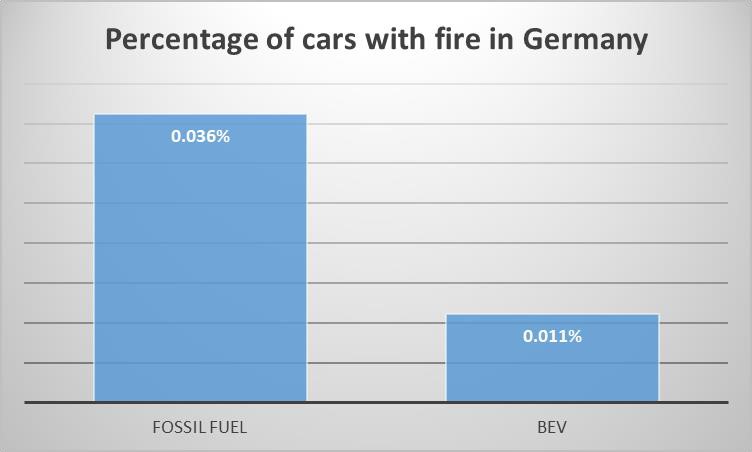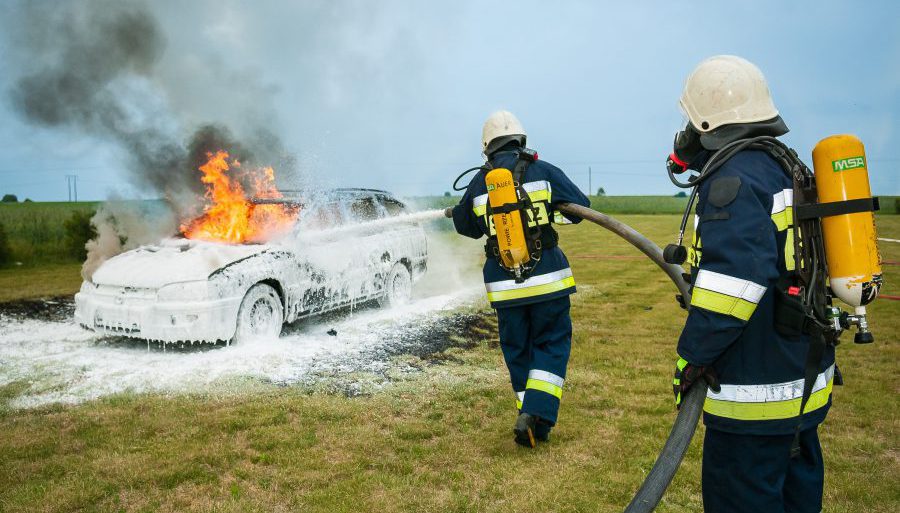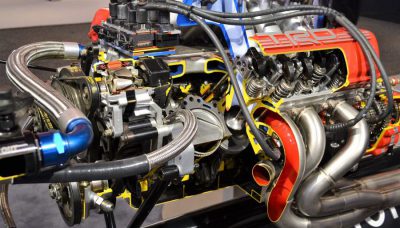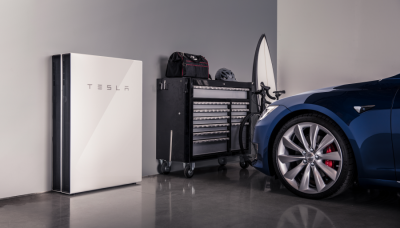Crash risks
Safety risks of battery electric cars, hybrid or all-electric cars are not higher than those of fossil fuel cars in terms of safety, according to the German test company Dekra. Electric cars are “as safe as vehicles with internal combustion engine“, according to accident researcher Markus Egelhaaf
Various crash tests with hybrid and electric cars showed that safety is under control. For
example the battery switches off the power supply in an accident within a very short time and the voltage in the vehicle systems falls in the noncritical range below the limit of 60 volts within a few seconds.
Fire risks
According to Dekra, there is no greater risk for electric cars than for fossil fuel cars regarding fire development. This was proven by fire and extinguishing tests carried out with traction batteries by a vehicle manufacturer as well as further fire tests by Dekra. In violent collisions, fires in electric cars would spread even slower than in conventionally powered vehicles. No large amounts of burning liquids flow away and set fire to neighboring objects.

The number of car fires in Germany are:
- 15000 burning fossil fuel cars per year of 47 million cars = 0.032%
- 6 battery electrical cars in 2017 of 54000 cars = 0.011%
According to Martin Winter of the Research Center Jülich at the Wiener Motorensymposium 2017 the following numbers were discovered:
- Fossil fuel cars: 90 fires /
bilion driven kilometers, - Battery electric cars: 2 fires /
bilion driven kilometers.
In both cases the number of car fires are much lower with electric cars than with fossil fuel cars.
Other risks
Other risks is related to hydrogen. It is highly flammable and extremely volatile, because it is the smallest molecule in periodic system. Therefore, it has to be transported at >700 bar in pressure tanks. This pressure is necessary to achieve a volume that is acceptable in cars.
Hydrogen also needs to be stored in
Another disadvantage is that h
Conclusion
Safety risks of battery electric cars are low when compared to fossil fuel cars, because there are much less hot parts. Hydrogen fuel cell cars have extra fire risks related to the volatility and the combustibility of hydrogen. When it comes to crash risks, battery electric cars have very good test results. That is partly due to the lack of the engine. In car crashes it often is pushed into the cockpit, causing severe injuries to the passengers of the car.



